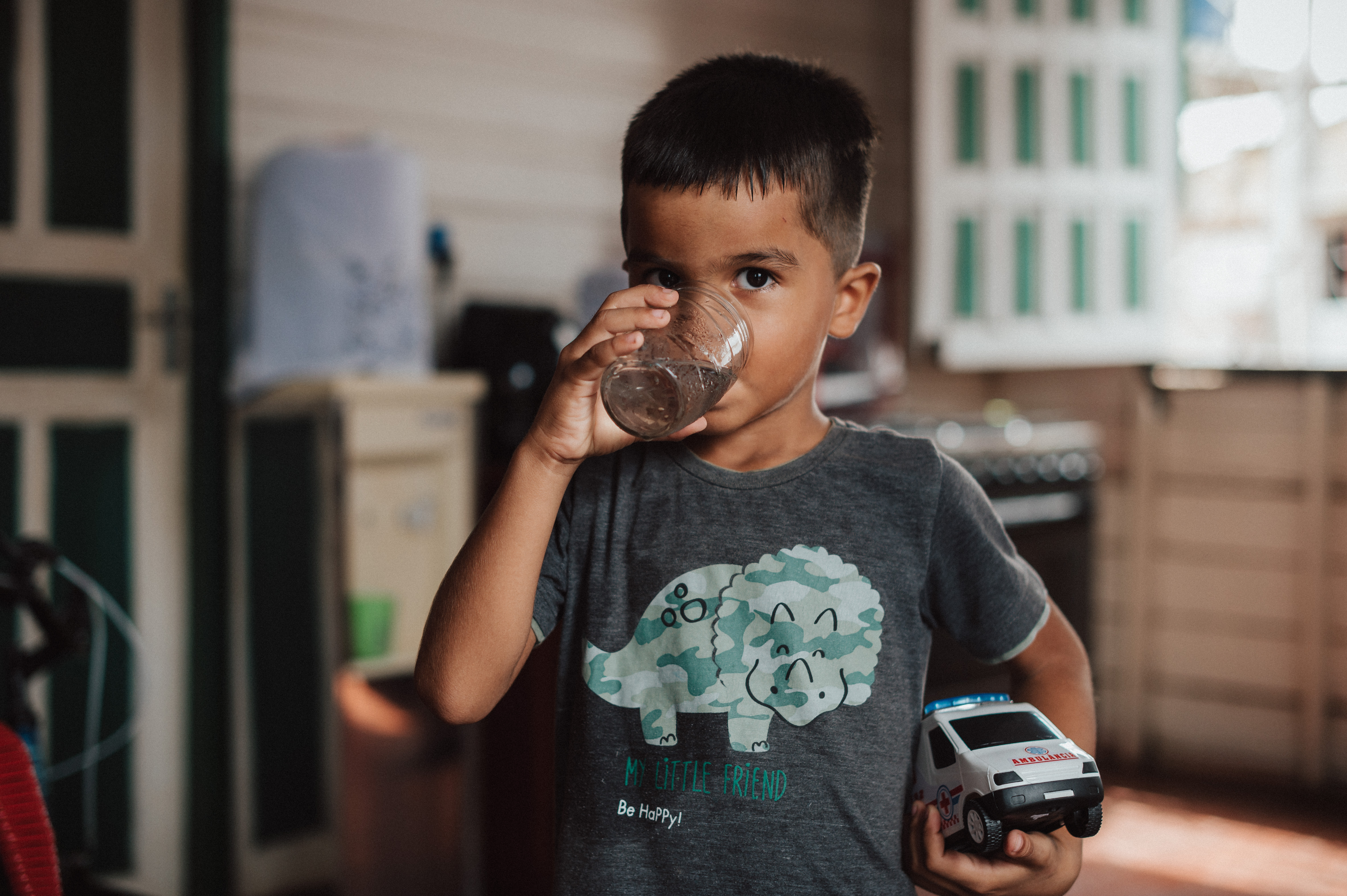

Description
The initiative focuses on researching health and sanitation conditions in rural and traditional communities in Goiás, fostering collaboration between municipal health managers, local leaders, and community members. Its general objective is to promote knowledge about sanitation and environmental health conditions in the communities covered, pointing to management actions and innovative technologies with a view to sustainability and promoting services in environmental actions and, at the same time, fostering the empowerment of these communities regarding the promotion and protection of health and environmental sanitation. Among the specific objectives of the project, we can highlight the proposition and validation of a methodology for preparing the Rural Sanitation Security Plans (PSSR), which encompasses the four axes of sanitation (water, sewage, drainage and waste), based on the precepts of the Water Security Plan (PSA) and the Rural Sanitation Security Plan (PSSR).
Criteria 10/11
- ACCESSIBILITY
- ALIGNMENT WITH SDG 1,3,4,6 AND/OR 11
- RACE AND GENDER ISSUES
- ATTENTION TO CHILDREN AND ADOLESCENTS
- LOW COST
- SOCIAL DIFFUSION
- ADMINISTRATIVE EFFICIENCY
- ADHERENCE AND CONTINUITY AT LOCAL LEVEL
- WASH INITIATIVE
- CLIMATE RESILIENCE
- SUSTAINABILITY
Brazilian Health Foundation and the Federal University of Goiás
Rural population of 45 municipalities in Goiás.
There are 127 communities: 13 riverside communities, 51 quilombo remnants and 63 agrarian reform settlements. In the communities there are children and adolescents directly benefited.
Goiânia/GO
Municipalities of Goiás: Abadia de Goiás; Água Limpa; Alto Paraíso; Aparecida de Goiânia; Aruanã; Barro Alto; Britânia; Cachoeira Dourada; Campos Belos; Cavalcante; Cidade Ocidental; Colinas do Sul; Cristalina; Cromínia; Divinópolis de Goiás; Faina; Flores de Goiás; Gameleira de Goiás; Goiandira; Goianésia; Iaciara; Itumbiara; Mimoso de Goiás; Minaçu; Mineiros; Monte Alegre de Goiás; Montes Claros de Goiás; Niquelândia; Nova Crixas; Nova Roma; Padre Bernardo; Palmeiras de Goiás; Piracanjuba; Piranhas; Posse; Professor Jamil; Santa Rita do Novo Destino; São João D'Aliança; São Luís do Norte; São Miguel do Araguaia; Silvânia; Simolândia; Teresina de Goiás; Trindade; Uruaçu.
December 2017 to November 2022.
▪Raise awareness and train municipal managers, social representatives and local communities on health education and environmental sanitation;
▪Prepare and execute a specialization course in distance learning (DL);
▪Perform the technical-participatory diagnosis of sanitation and health conditions;
▪Propose and validate a methodology for the Rural Sanitation Security Plan (PSSR);
▪Develop the PSSR in riverside communities, quilombola remnants and agrarian reform settlements;
▪Investigate the impact of interventions on the health conditions of the communities under study;
▪Estimate indicators to determine the burden of disease as a function of sanitation conditions;
▪Promote university extension actions with rural and traditional communities
TED foresees the following steps:
Goal 1. Project planning
Goal 2. Awareness-raising with and training of rural and traditional municipalities and communities
Goal 3. Technical-participatory diagnosis of sanitation and health
Goal 4. Rural sanitation safety plan
Goal 5. Situational analysis of health after interventions
Goal 6. Extension actions
Community leaders from all communities are involved. After completion of the project, it is expected that the population will maintain continuous implementation. To achieve this, environmental education is used to raise awareness and train community members.
The project's results are communicated through annual public seminars that present the findings.
PSSRs should be reviewed after disasters and emergencies to ensure that they do not recur.
The TED provides for the preparation of periodic reports:
1. Partial report
2. Partial report
3. Final report
Decentralized Execution Term (TED) between the Brazilian Health Foundation and the Federal University of Goiás (UFG, acronym in Portuguese)
